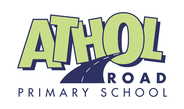Connections
Kindergarten [ELC] to School Connections:
Athol Road Kindergarten is situated in the Early Learning Centre within the grounds of Athol Road Primary School.
The Kindergarten is adjacent to the Foundation Learning Centre which provides a physical connection between these two important areas of the school.
In addition to this physical connection, the purposeful learning activities planned for the children by their teachers recognise the importance of the four year old Kindergarten year in shaping children’s learning in preparation for the Foundation year and beyond.
Emphasis is placed on the continuity of learning between our Kindergarten and our school. The connection and the transition provide all children with ongoing learning opportunities they need to develop and thrive.
All activities in Kindergarten are designed to advance learning at each child’s point of need. With children already introduced to purposeful learning opportunities, the transition into school is smooth and seamless. These activities are built upon and refined during the Foundation year as more explicit teaching is also introduced.
Learning occurs in many different contexts. The learning in kindergarten and at school – is stimulated and extended by the teachers. Our teachers are committed to providing a rich environment where learning takes place through practical meaningful and engaging activities.
Literacy and Communication:
Oral language opportunities are fostered in one on one, small group and whole group situations. Speaking practice extends vocabulary and helps the child to form sentences correctly. Sharing in conversations can increase a child’s confidence and his/her readiness to explore written language. Speaking and listening is part of everyday life and is practiced in many different settings. The teaching and practice of oral language continues through school and is fundamental to learning to read.
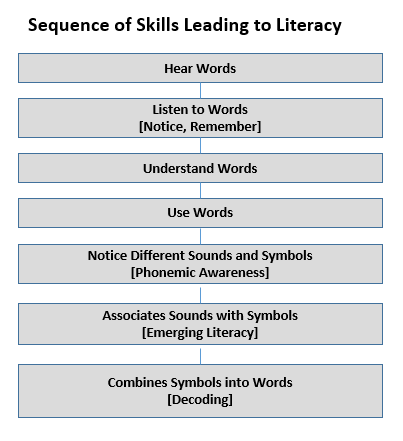
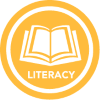
Imaginative play is used by children to make sense of their world. Role play stimulates imagination, aspects of identity and confidence. Children are given opportunities in Kindergarten and in Foundation to take on and act out different roles. Reading of specific parts in plays are an extension of this important skill.
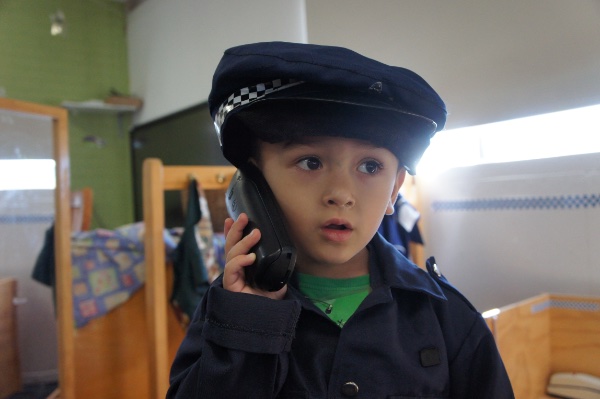
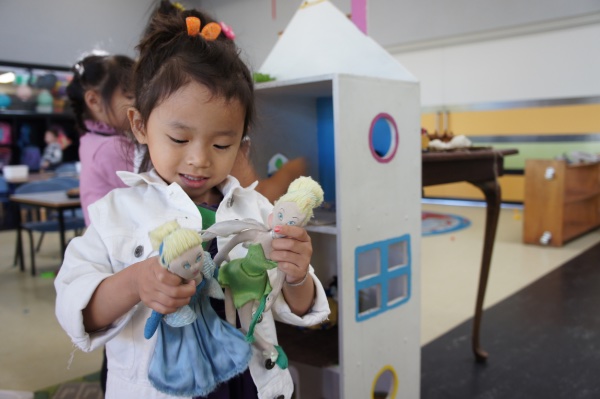

Music stimulates children’s imagination and it is a form of experimentation using voice, movement, instruments and body. Children in the Kindergarten have daily musical experiences and also have classes with our Athol Road Music Specialist. The transition to the music program in Foundation is smooth and familiar. Regular singing and movement activities continue and are part of the Foundation year both in the Learning Space and with our Music Specialist. There are close connections between Music and Literacy – words, phrasing, rhyming.
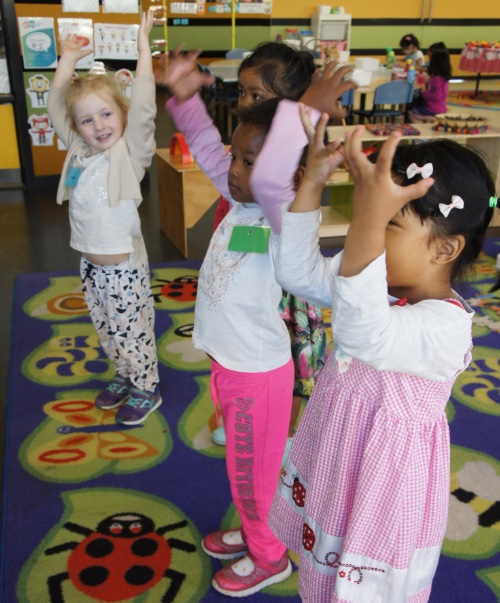
Some Relevant Parent Resources:
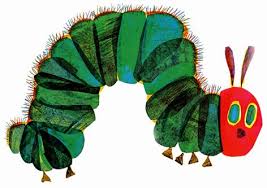
Reading –
All learning is dependent on our ability to read. An interest in reading is created even before Kindergarten. Parents should nurture, in their child, an interest in reading and a love for books from a very early age – reading every day.
Teachers in Kindergarten and in school read regularly to the children. Reading skills are taught through modelled, shared, guided and independent reading.
Writing –
Expressing ideas, making meaning of thoughts and recording information begin with pictures and the experimentation of marks to represent letters. Later explicit teaching and practice assist the development of writing skills.
Children develop their interest and skills at varying rates and times. Children in Kindergarten are exposed to writing materials with which to experiment and their writing is supported by the teachers at their point of need (their level of readiness). Kindergarten children, demonstrating interest, are supported to copy letters and words, trace lines and shapes and write their name. Skills are monitored by the teachers and, as the students enter Foundation they continue to develop their skills seamlessly at their individual level. At Athol Road Primary School and Athol Road Kindergarten our students are taught at their point of need – we are a personalised learning school.
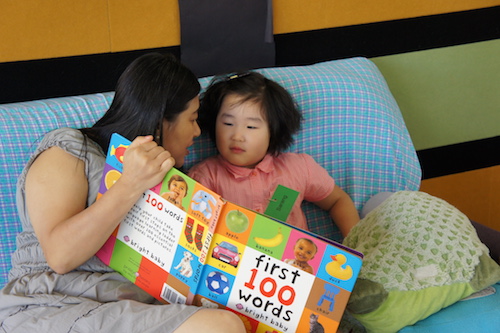
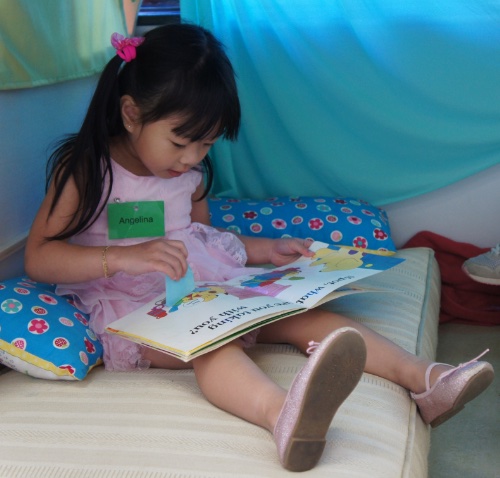
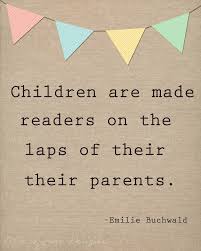
“There is no app to replace your lap.”
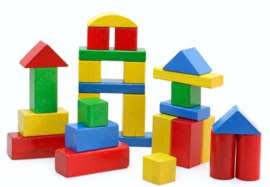
Numeracy:
Many activities introduce mathematical concepts of number, shape, pattern and position. These concepts are extended as children connect numbers to collections, measure items, create patterns and sort, name and describe shapes.
Gross and Fine Motor Skills:
In Kindergarten, as in everyday life, children combine gross and fine motor movement and balance, demonstrate spatial awareness and manipulate equipment with increasing competence and skills. Activities are introduced as their body movements develop and become increasingly refined. Many activities introduced in Kindergarten carry through into the Foundation year – jigsaws, painting, construction, dance. As fine motor skills develop, different materials and activities are introduced. For example, the size of writing implements change and construction materials become more intricate – large blocks are replaced by small Lego pieces.
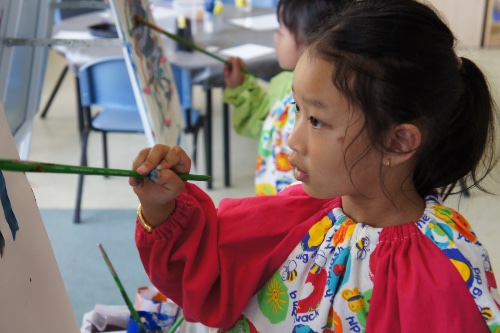

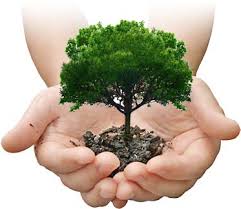
Environmental Education:
Environmental Education in Kindergarten provides students the chance to discover living things in nature and learn about sustainable practices.
Students have the opportunity the interact with living creatures such as lizards, frogs, turtles, birds in the environmental education room as well as getting their hands dirty in the produce garden with planting and harvesting a variety of yummy produce.
Students learn the basics around recycling and how to use less of our resources such as energy and water.
This knowledge prepares them well for Foundation where they will attend weekly Environmental Education lessons to further their understanding on what they learn at Kindergarten.
